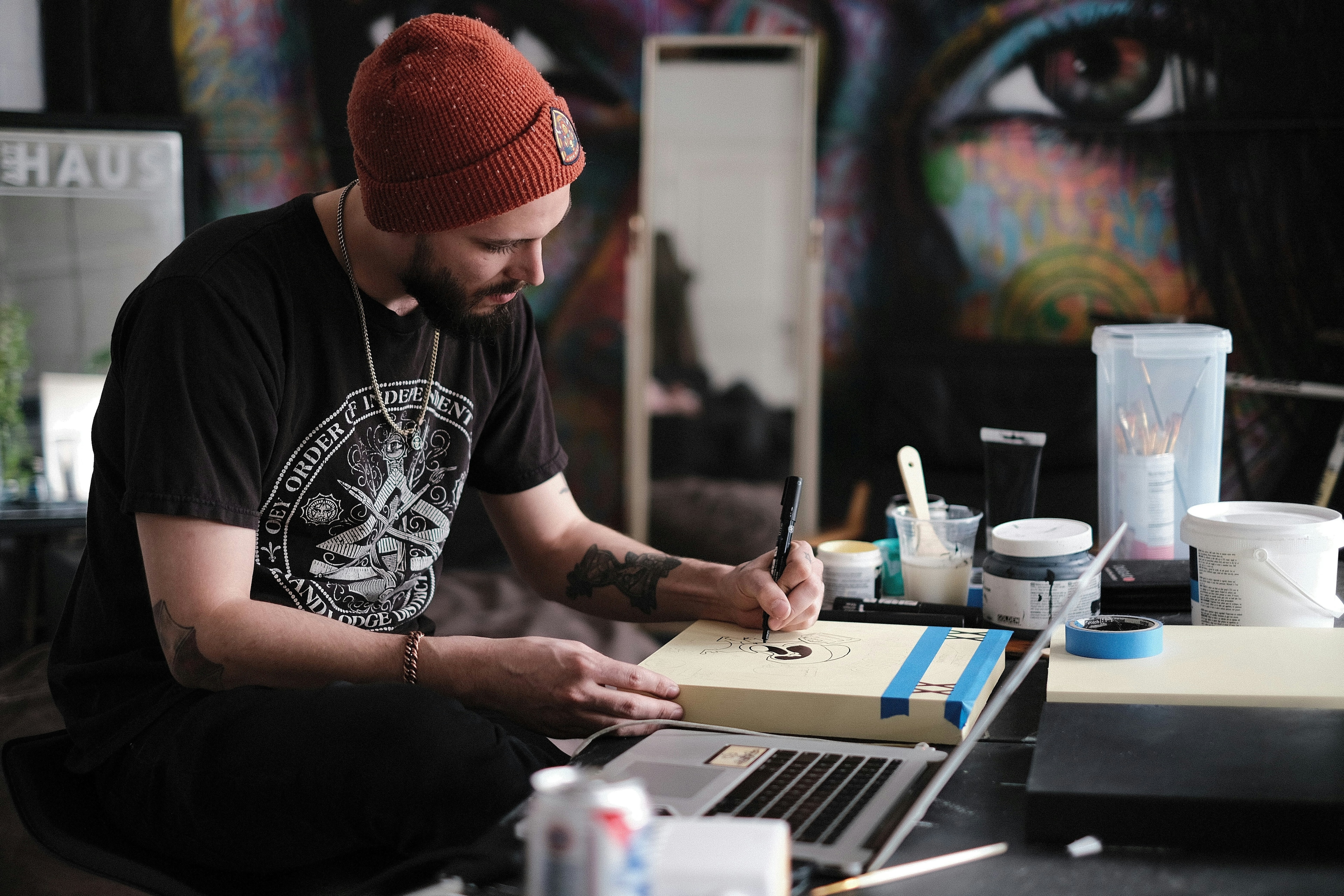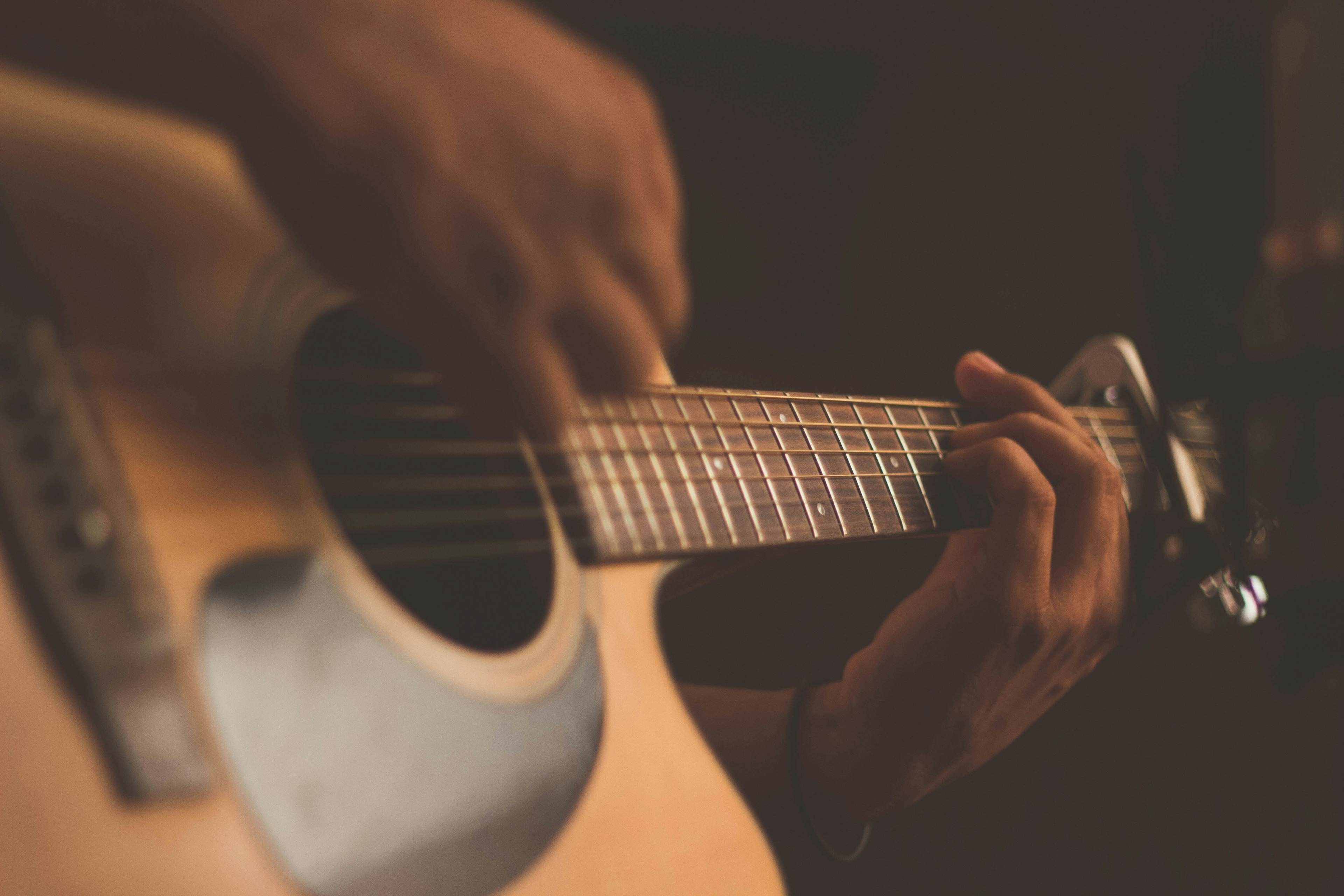The Art of Dissent

Get involved with our crowdsourced digital platform to deliver impact at scale
Stay up to date:
Arts and Culture
In a time of political and economic uncertainty, the role of art and expression has never been more important. Cultural leaders – from filmmakers to cartoonists – bring new perspectives to tackle challenging issues and inspire people to fulfil their potential. But artists the world over are under threat, with many arrested or even killed for expressing their ideas and showing any signs of dissent.
Maina Kiai, UN Special Rapporteur on the Rights to Freedom of Peaceful Assembly and of Association, United Nations, Nairobi, is one of many who works tirelessly to ensure that the rights of people, including artists, are protected. “No matter how restricted society is, there is always dissent somewhere,” Kiai said. His advice to repressive governments: “Let it [dissent] out peacefully to avoid it coming out another way – that is to say violence or war.”
This is no laughing matter for Patrick Chappatte, Editorial Cartoonist, Globe Cartoon, Switzerland, and his fellow cartoonists, who have been targeted for their political commentary, such as the backlash after the 2005 Muhammed cartoons controversy and the murder of Charlie Hebdo cartoonists in 2015. Chappatte also noted the arrest of Malaysian cartoonist Zunar under the country’s Sedition Act for allegedly insulting Prime Minister Najib Razak and the firing of cartoonist Gado from his Kenyan newspaper allegedly after pressure from government officials who were not happy with his drawings denouncing corruption in East Africa.
“These are two leading examples of courage where both paid a price for their work,” Chappatte said. He is using his skills as an artist to bring other cartoonists together to tough tackle issues, such as the death penalty in the United States. “There is a positive power of cartoons to bringing together cartoonists from different camps and working to address hot issues through images and bring out a conversation.”
Anant Singh, Producer, Videovision Entertainment, South Africa, is no stranger to addressing challenging issues. The veteran South African filmmaker started his career with the anti-apartheid film Place of Weeping, whose production team included blacks, whites and coloureds – something unheard of, if not illegal, in those days – to the critically acclaimed Sarafina! with Whoopi Goldberg about the Soweto riots. Nelson Mandela often asked people to do whatever they can to speak out against apartheid and Singh responded. “The role of artists in South Africa during apartheid was to raise awareness, to push people into action,” he said. Of course, there was a risk, but he added that freedom of expression is priceless.
Also taking risks with her craft is Haifaa Al Mansour, an independent filmmaker from Saudi Arabia. She works in a country where women are still not allowed to drive and must have a male guardian when they go out. Despite these restrictions – and the consequent self-censorship – Al Mansour said there are still ways to express yourself. “Artists always have to work hard to shape what they want to say. As a filmmaker, I want to touch people and move society towards tolerance.”
Social media has, for the most part, been a good space for freedom of expression, but it can be a double-edged sword when those who do not agree with your views can track you down. “Social media is a way to share clips of your films, but you still need films in traditional outlets like the cinema,” Al Mansour said. “It is important to understand that we need to create a long-term goal of what we want to achieve in a social space … social media doesn’t necessarily do that.”
“There is a place where social media is becoming a sort of community, but you still have to go out and meet people, you need the human contact,” Kiai stressed.
Don't miss any update on this topic
Create a free account and access your personalized content collection with our latest publications and analyses.
License and Republishing
World Economic Forum articles may be republished in accordance with the Creative Commons Attribution-NonCommercial-NoDerivatives 4.0 International Public License, and in accordance with our Terms of Use.
The views expressed in this article are those of the author alone and not the World Economic Forum.
The Agenda Weekly
A weekly update of the most important issues driving the global agenda
You can unsubscribe at any time using the link in our emails. For more details, review our privacy policy.
More on Arts and CultureSee all
Joseph Fowler and Amilcar Vargas
April 18, 2024
Robin Pomeroy and Sophia Akram
April 8, 2024
Faisal Kazim
April 3, 2024
Robin Pomeroy and Linda Lacina
March 28, 2024






